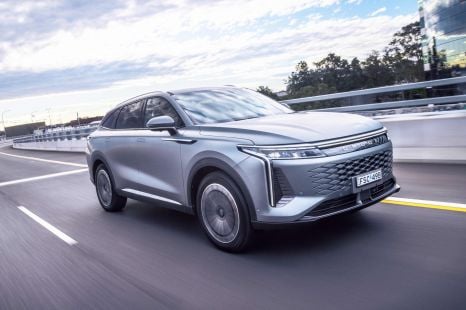

Damion Smy
2025 Omoda 9 review
4 Days Ago

Journalist
Volvo plans to be a fully electric brand by 2030, but before then the Swedish automaker will give its petrol-powered range a freshen up.
During a live webcast with journalists, investors, and analysts, CEO Jim Rowan, and Björn Annwall, chief commercial officer and deputy CEO, talked not only about the brand’s financials, but some its product plans.
Mr Annwall told participants “the transition [to electric vehicles] happens at different timescales around the world”, so it was important to have a “balanced portfolio” – meaning while the all-electric EX90 large crossover is being rolled out, it’s still necessary to have the similarly-sized XC90 available with mild hybrid and plug-in hybrid engines.
The COO believes the two cars won’t “cannibalise each other on sales that much” with the EX90 selling more in northern Europe and the western US, while the XC90 should perform better in eastern Europe and central US.
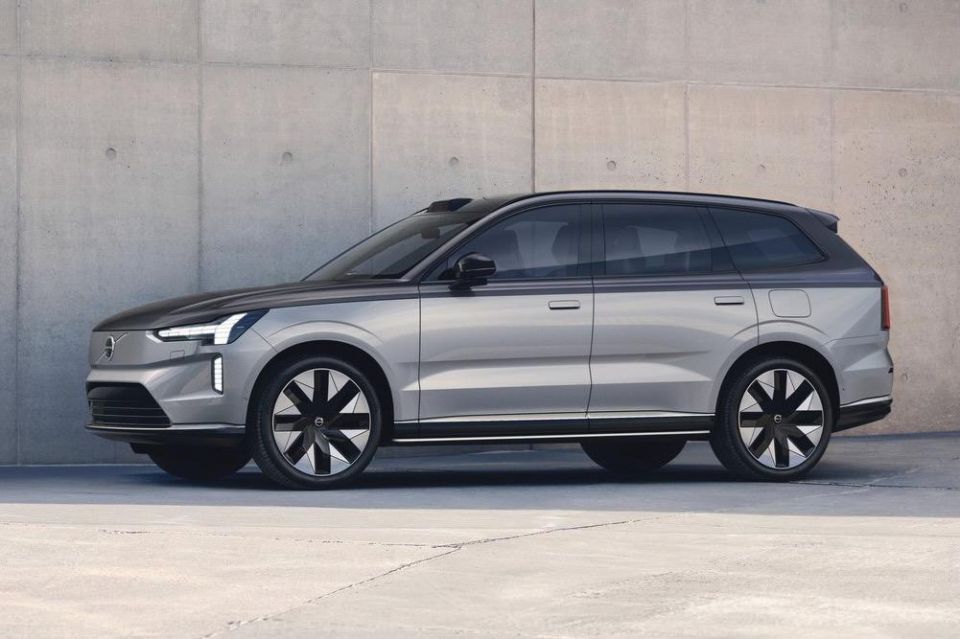
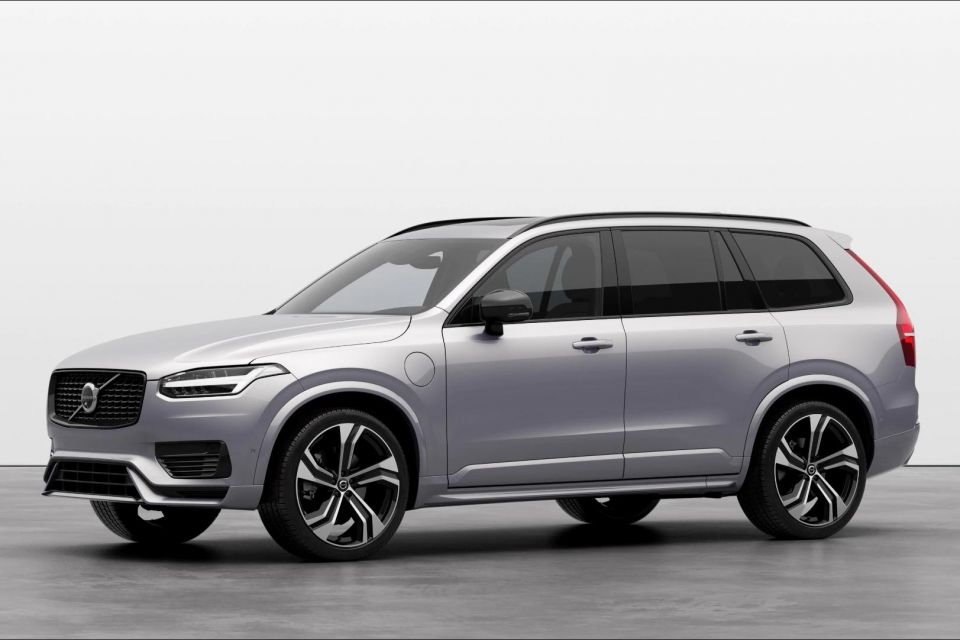
He described the XC90 and other vehicles based on the SP1 platform as “very successful” thanks to their “strong, timeless design”.
While the SP1-based cars have been given a mild visual refresh, and an infotainment system based on the Android Automotive operating system, “there is a next step [we] can do on exterior styling, interior design and also infotainment”. Mr Annwall said this is “clearly something we’re investing into”.
Mr Annwall didn’t go into detail about which models will be facelifted. Current cars based on the Volvo-developed SP1 architecture include the mid-size S60 sedan, V60 wagon, and XC60 crossover, as well as the large S90 sedan, V90 wagon, and XC90 crossover.
The smaller XC40 and C40 crossovers are built atop Compact Modular Architecture, developed in conjunction with owner Geely, and which also serves as the basis for the Polestar 2, and various Lynk & Co and Geely models.
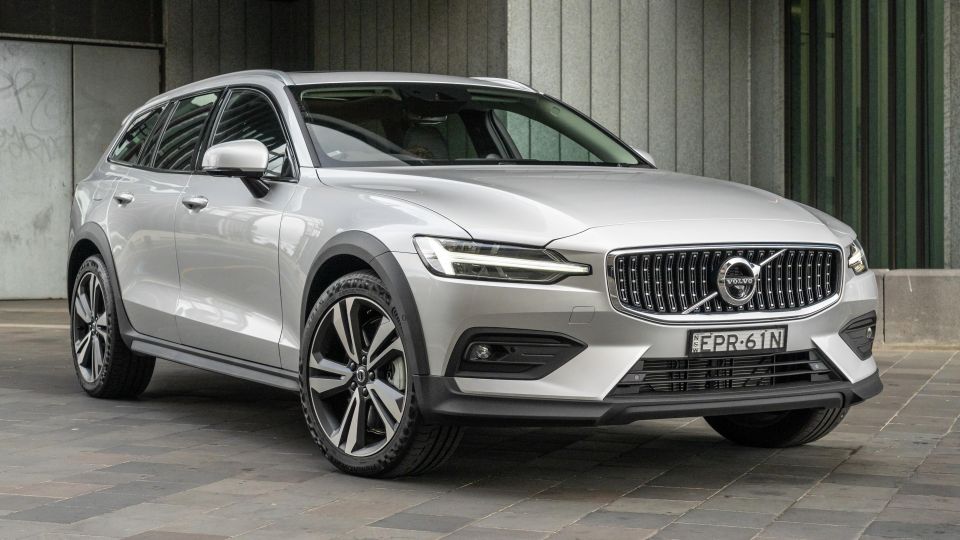
In March 2021, Volvo was one of the first “legacy” car makers, and certainly one of the largest by volume, to commit to a fully electric global lineup. Under the leadership of former CEO Håkan Samuelsson, Volvo pledged to ditch internal combustion engines by 2030.
A year later, the Australian arm went even further, promising to sell EVs only by 2026.
Where expert car reviews meet expert car buying – CarExpert gives you trusted advice, personalised service and real savings on your next new car.
Derek Fung would love to tell you about his multiple degrees, but he's too busy writing up some news right now. In his spare time Derek loves chasing automotive rabbits down the hole. Based in New York, New York, Derek loves to travel and is very much a window not an aisle person.


Damion Smy
4 Days Ago
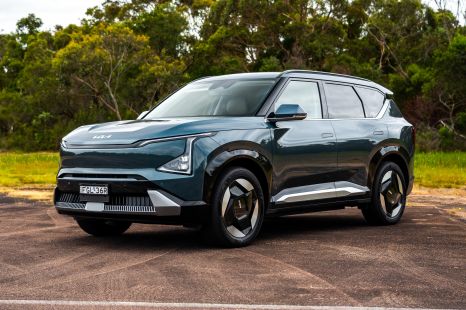

James Wong
4 Days Ago
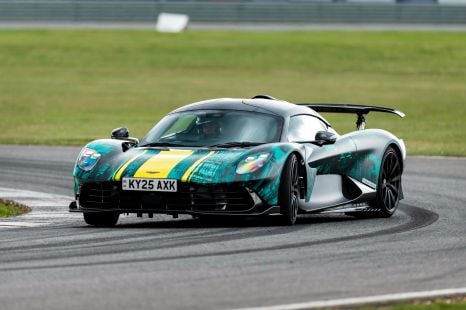
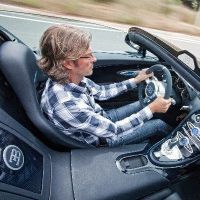
Angus MacKenzie
3 Days Ago
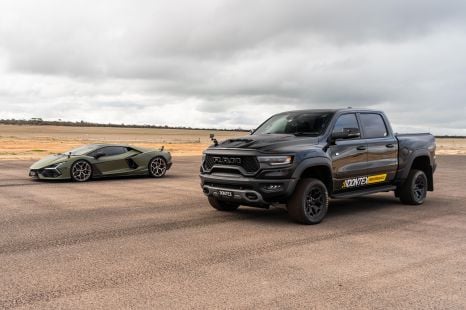

Paul Maric
1 Day Ago
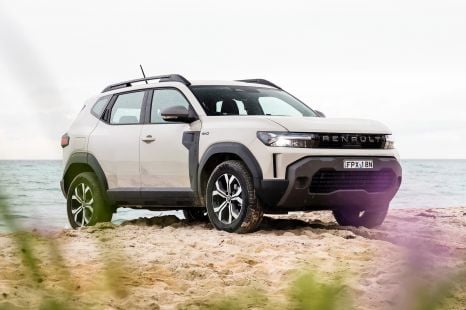

Max Davies
1 Day Ago
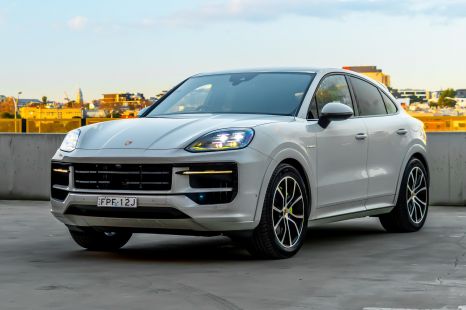

James Wong
21 Hours Ago